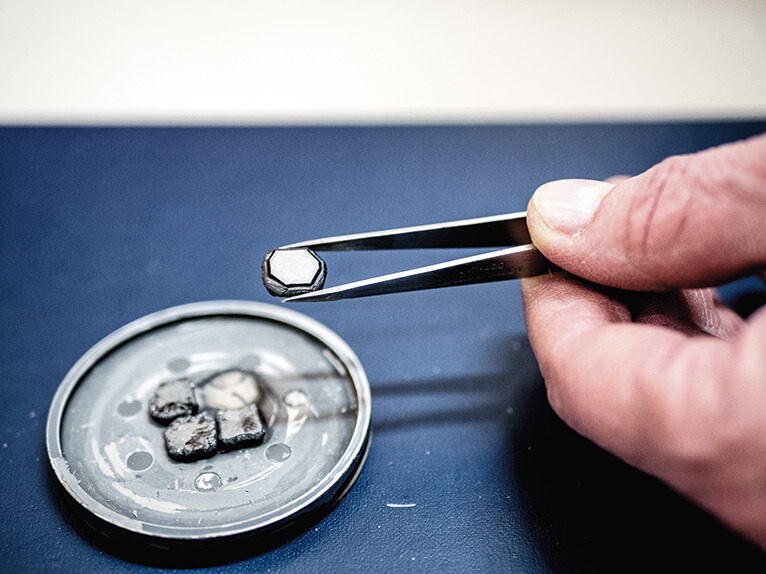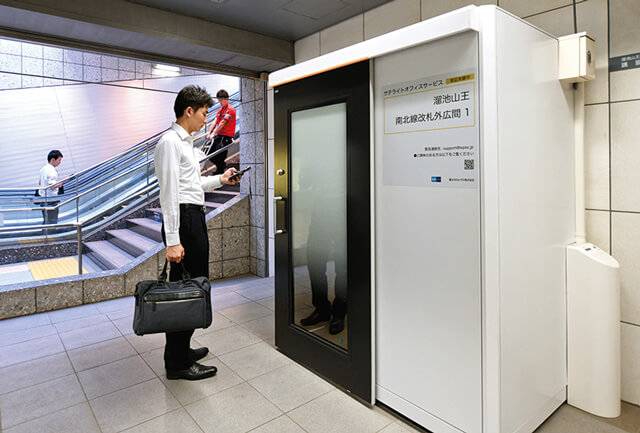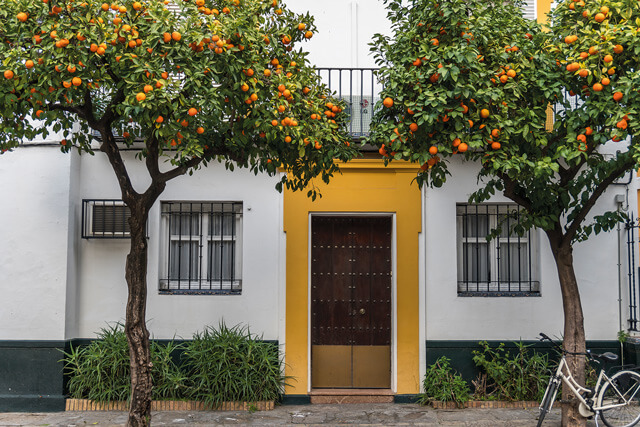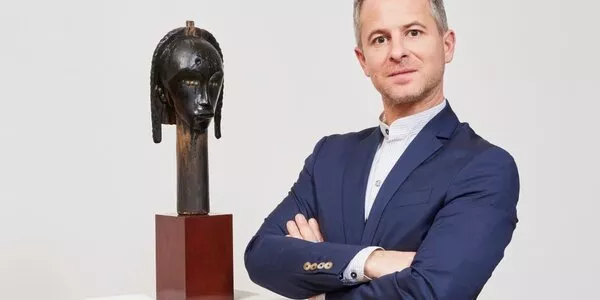
Trends #2
The DNA
Certain varieties really are the spice of life
A healthy and balanced diet, physical activity, not too much stress and even less alcohol and tobacco... All standard recommendations for a long and healthy life. However, a healthy lifestyle is not the be-all and end-all of longevity! Researchers from the University of Bologna, Italy, have discovered that in the DNA of very old people (over 105 years old) there are genetic variations that contribute to preventing mutations or repairing others, protecting their lucky carriers from some diseases associated with advancing years. Finally, longevity is like poker: a mixture of luck and strategy!

The hotel
La Mamounia in Marrakech
On the eve of its 97th anniversary, the mythical ochre palace has been taking advantage of this notable year to reinvent itself once more. After several months of work by the architectural firm Jouin Manku, the famous Marrakech hotel has unveiled a new, modernised decor, which nevertheless gives pride of place to traditional craftsmanship. The gastronomic experience has been redesigned with a tea room and an Italian bar designed by Pierre Hermé and two new restaurants run by Jean-Georges Vongerichten, the world-famous Alsatian chef.

The research
The luxury of tomorrow is invented in the laboratory
Given the ever-more ethical and sustainable demands of consumers, the whole luxury sector is reinventing itself: fur, caviar, diamonds... Brands now need to reduce their carbon footprint, preserve life, avoid animal suffering and monitor the socio-economic impact of their activity. British caviar producer Exmoor Caviar has developed a laboratory-sourced caviar that is expected to arrive on the market within two years. The French jewellery house of Courbet now uses only synthetic diamonds. Of course this does beg the question: can we really talk about “luxury” if it becomes something accessible to all?
The practice
When learning is turned into a game
Daily life would be much more animated if play was central to everything we do! Imagine a video game that asks you to put specific muscles to work as part of a physiotherapy exercise. Alternatively, you might prefer to improve your understanding of a particular period in history by taking part in a role play game, or learn to drive a forklift truck using a simulator. Known as gamification, this new learning method takes the mechanics of games and puts them in an educational context. Based on neurobiological research demonstrating the effect emotions can have on long-term memory, gamification has been shown to increase motivation and concentration during knowledge acquisition. An easier way of saying it is that we learn better through play.

Construction
A 516-metre pedestrian bridge in Portugal
In Portugal, in the municipality of Arouca, the longest pedestrian suspension bridge in the world at 516 metres, called 516 Arouca, has been inaugurated. It rises high above the Paiva River gorge, at a height of 175 metres. This astonishing construction offers a truly unique experience, which makes it a must-see tourist destination. The previous world record was held by the Charles Kuonen bridge (494 metres long in the Swiss Alps). A technical feat that marks the recovery of tourism in the region.

The word
Conso’trading
A contraction of “consumption” and “trading”, conso’trading consists of buying a highly anticipated item, such as a pair of limited edition sneakers, only to sell them later for a much higher price. A somewhat classic practice. What is less than classic is the profile of these new entrepreneurs: teenagers, sometimes minors, who are fans of brands and finance their purchases through this sometimes prosperous business model. You need to join a “cook group” on a social network to begin. Access is usually subject to a fee, but it provides exclusive information on upcoming opportunities. A new word for a new practice, conso’trading is linked to the participatory economy movement, where brands are expected to share their benefits with the community.

The office 2.0
Tokyo: Teleworking booths while waiting for the metro
Last summer, soundproofed spaces resembling photobooths appeared in the corridors of the Japanese capital’s underground system. The “CocoDesk”, designed by the multinational Fuji Xerox, welcomes users who want to nip into the office...on the way to the office! For 250 yen (about €2) per 15 minutes, they can take part in a video-conference meeting or work on a presentation, while enjoying the facilities and comfort (LCD screen, Wifi, air conditioning) of these unusual offices. This ingenious solution for making the most of one’s commuting time has already won over many Japanese white-collar workers.

The initiative
Turning oranges into electricity
Does every problem have a sustainable solution? Maybe not for everything, but for oranges, yes! Seville is the city with the most orange trees in the world (50,000). Each year, the orange harvest employs around 200 people and 5,000 tonnes of oranges are collected.
Some of the crop is kept for industrial processing, but most of the rest is simply thrown away. If the oranges are not harvested in time, they spill their juice onto the ground, decompose and become a real danger to passers-by. To remedy this problem, the city of Seville has come up with the idea of turning oranges into electricity, thanks to the methane given off during their fermentation. This production could meet the electricity needs of more than 25,000 households and avoid the disposal of this biodegradable waste in landfill sites.




